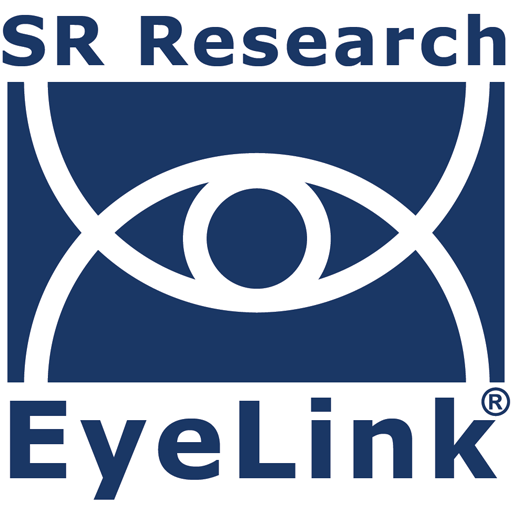
Estimated reading time: 5 minutes
There is a large body of academic research that documents profound differences in reading skills between children with and without dyslexia. However, while children with dyslexia generally turn into adults with dyslexia, far less is known about how these reading difficulties persist and manifest in adults. A recent meta-analysis of research focusing on adults with dyslexia and their challenges aims to fill this gap.
Overall, the results indicate that many of the issues present in early childhood are still there in adulthood, with adults with dyslexia faring substantially worst than adults without dyslexia on several measures of reading as well as spelling performance. The same pattern appears with skills that support reading and spelling, including phonological knowledge. The analysis also found that differences between adults with and without dyslexia can decrease, depending on the language.
Defining Dyslexia
The definition of dyslexia varies between sources although the underlying commonalities are that it is a reading difficulty with a neurological base. The International Dyslexia Association, in its definition, specifies which reading-associated skills are impacted (word recognition and decoding) and also includes difficulties with spelling in the definition. In contrast, the American Psychiatric Association (APA) in its manual for diagnosing mental disorders (DSM-5) focuses only on reading-associated criteria including word reading accuracy, reading rate or fluency, and reading comprehension. Further, the APA uses the terminology a “specific learning disorder with impairment in reading“, not dyslexia. In fact, spelling issues (along with grammar, punctuation, and writing) are categorized in DSM-5 as a “specific learning disorder with impairment in written expression.”
In their meta-analysis, Alexandra Reis and her colleagues used the following definition of dyslexia, which included issues not only with reading but also writing and spelling:
Dyslexia is a language-based, neurobiological specific learning disorder affecting reading, writing, and spelling, which persists into adulthood.
Whether writing or spelling is part of dyslexia is a matter of debate. Here we simply focus on the meta-analysis that summarises the characteristics that researchers have studied as related to individuals with a formal diagnosis of dyslexia, with self-reported reading difficulties in reading, or who were categorized as having dyslexia after doing a test battery.
Meta-Analysis
A meta-analysis is a statistical analysis that amalgamates the results of multiple studies that explore one area of research. In their 2020 publication, Alexandra Reis, Susana Araújo, Inês Salomé Morais, and Luís Faísca conducted a meta-analysis of 178 separate studies, each of which compared the reading, writing, and related skills of adults with and without dyslexia. These studies were published from 2006 until November 2019 and only included participants that were 18 years or older. A summary of the key results of the meta-analysis is presented below:
Reading and Writing Tasks
Adults with dyslexia as compared to those without show large performance deficits on these reading and writing tasks:
- Reading single words
- Reading pseudowords
- Reading passages
- Reading comprehension
- Spelling
Reading- and Writing-Associated Tasks
Skills that support reading and writing were also found to be disadvantaged in adults with dyslexia. However, overall, the deficits in these skills were not as severe as the actual reading and writing deficits. Some of the disadvantaged supporting skills include:
- Phonological awareness (the ability to reflect and manipulate speech sounds)
- Phonological memory (short-term, working memory for sounds, measured by the ability to repeat pseudowords, for example)
- Orthographic knowledge (the know-how to represent language in written form, to proofread, etc.)
- Verbal working memory (a short-term memory measured, for example, by the number of digits a person can remember)
Orthographic Transparency
Alexandra Reis and her colleagues argue that the orthographic transparency of a language moderates some of the above results. Orthographic transparency refers to the consistency of correspondence between written letters or characters (graphemes) and the sounds (phonemes) they correspond to. At one end, transparent or shallow orthographies have highly consistent symbol-sound correspondences (e.g., Finnish, Turkish, Spanish). On the other end, opaque or deep orthographies have less consistent symbol-sound correspondence, varying with context (e.g., English, Chinese). Intermediate orthographies are in the middle of this spectrum (e.g., German and Greek). The meta-analysis found that some of the differences between adults with and without dyslexia were weaker with transparent orthographies as compared to opaque and intermediate orthographies. This was particularly the case for the following skills:
- Reading words
- Reading pseudowords
- Reading comprehension
- Phonological awareness
Summary
In general, the results from the meta-analysis show that reading and writing difficulties observed in children with dyslexia persist into adulthood as do difficulties with reading and writing-associated skills. However, some of these difficulties are moderated by the degree of regularity in the correspondence between letters/characters and their sounds in a language.
Contact
If you would like us to feature your EyeLink research, have ideas for posts, or have any questions about our hardware and software, please contact us. We are always happy to help. You can call us (+1-613-271-8686) or click the button below to email:

 Dyslexia Definition
Dyslexia Definition